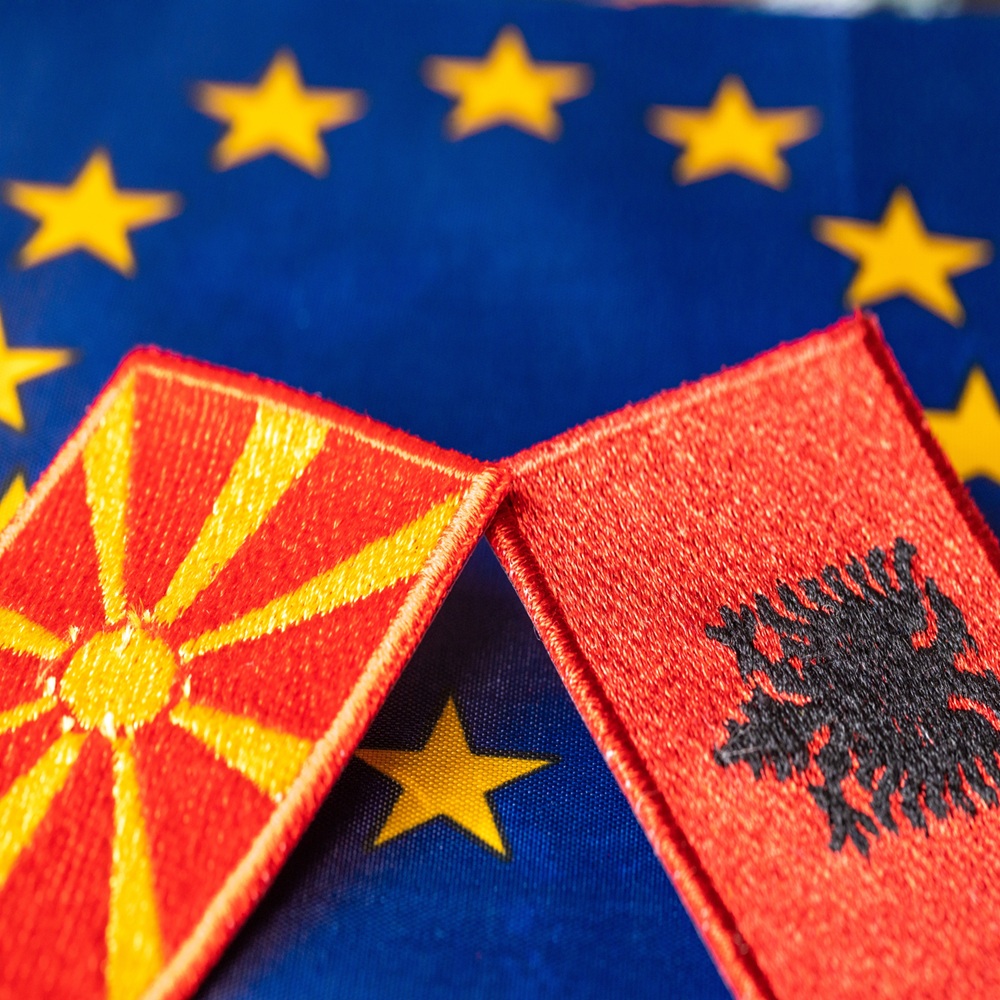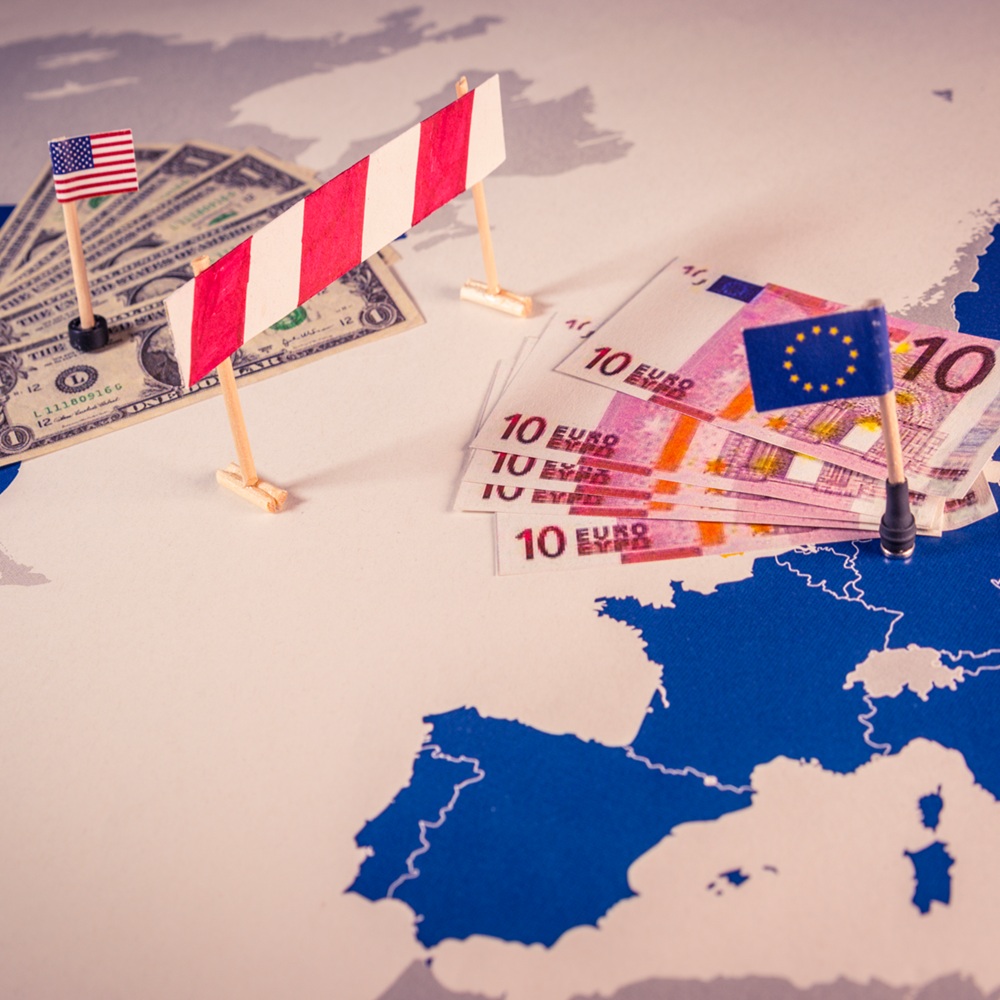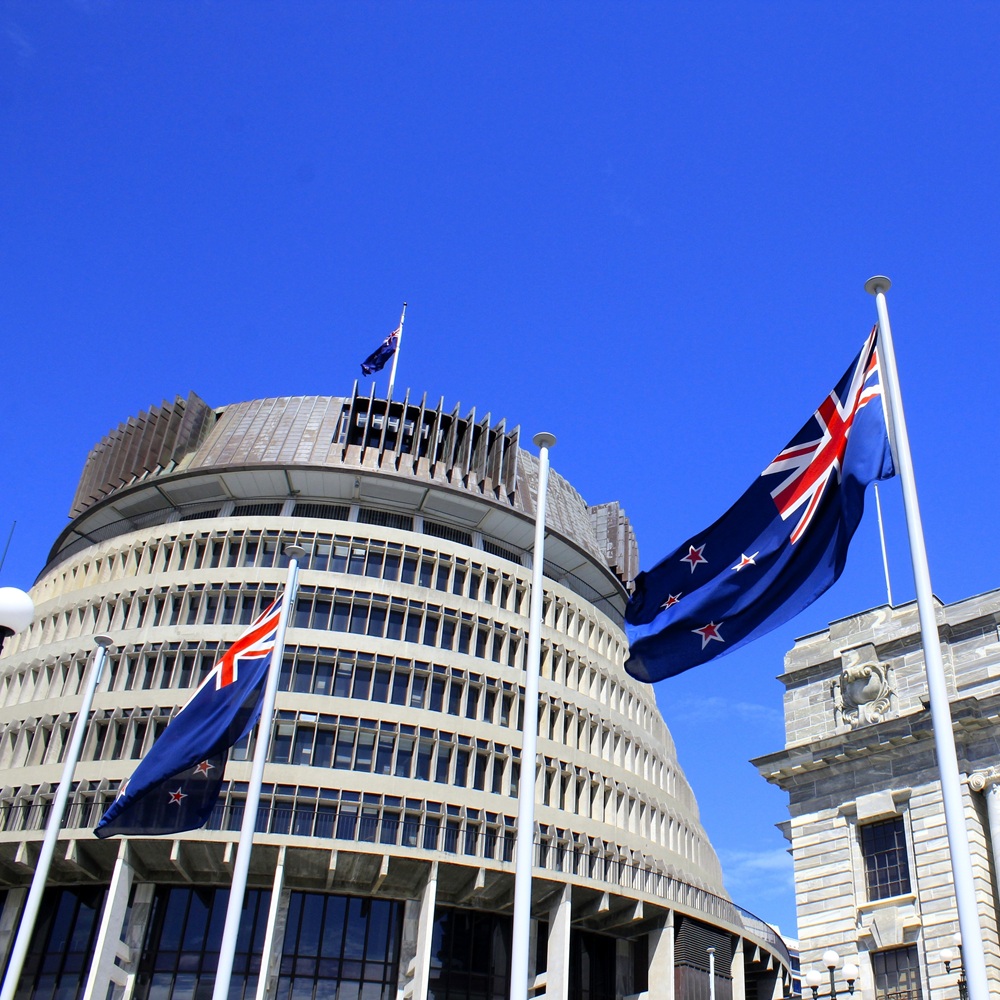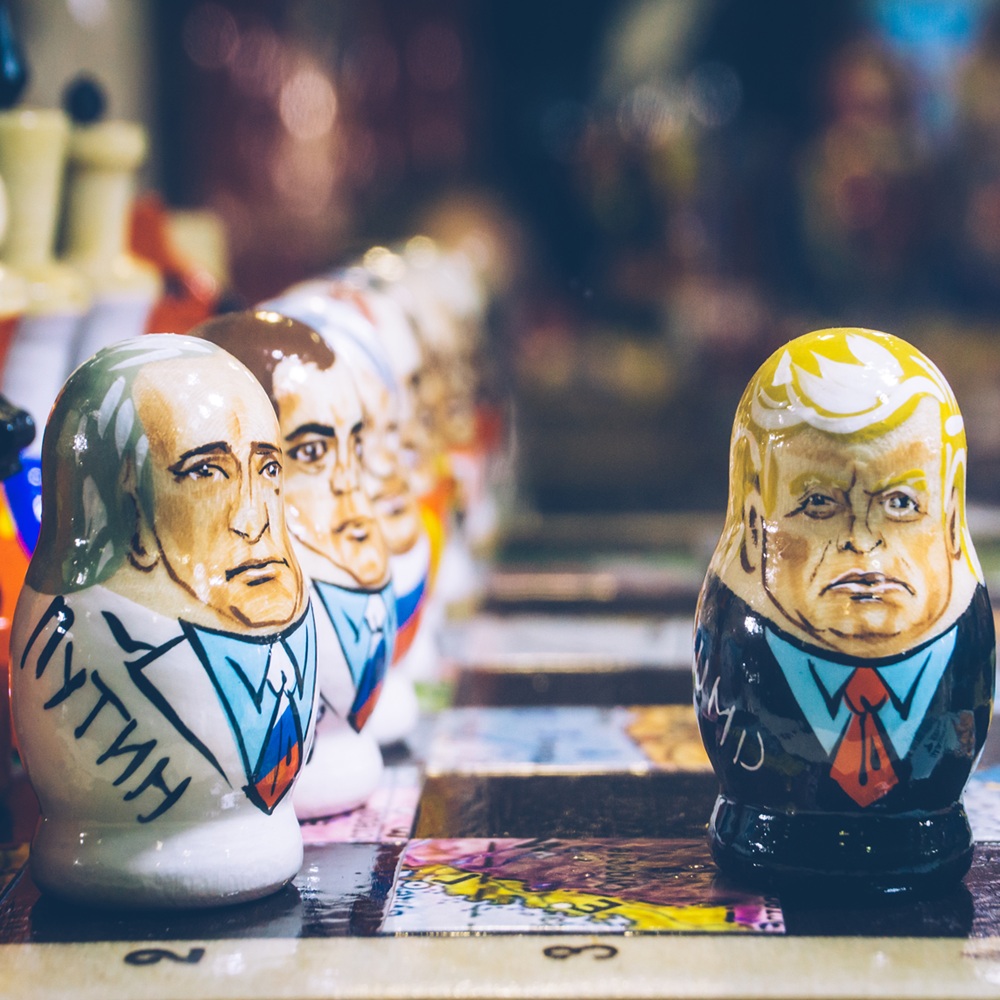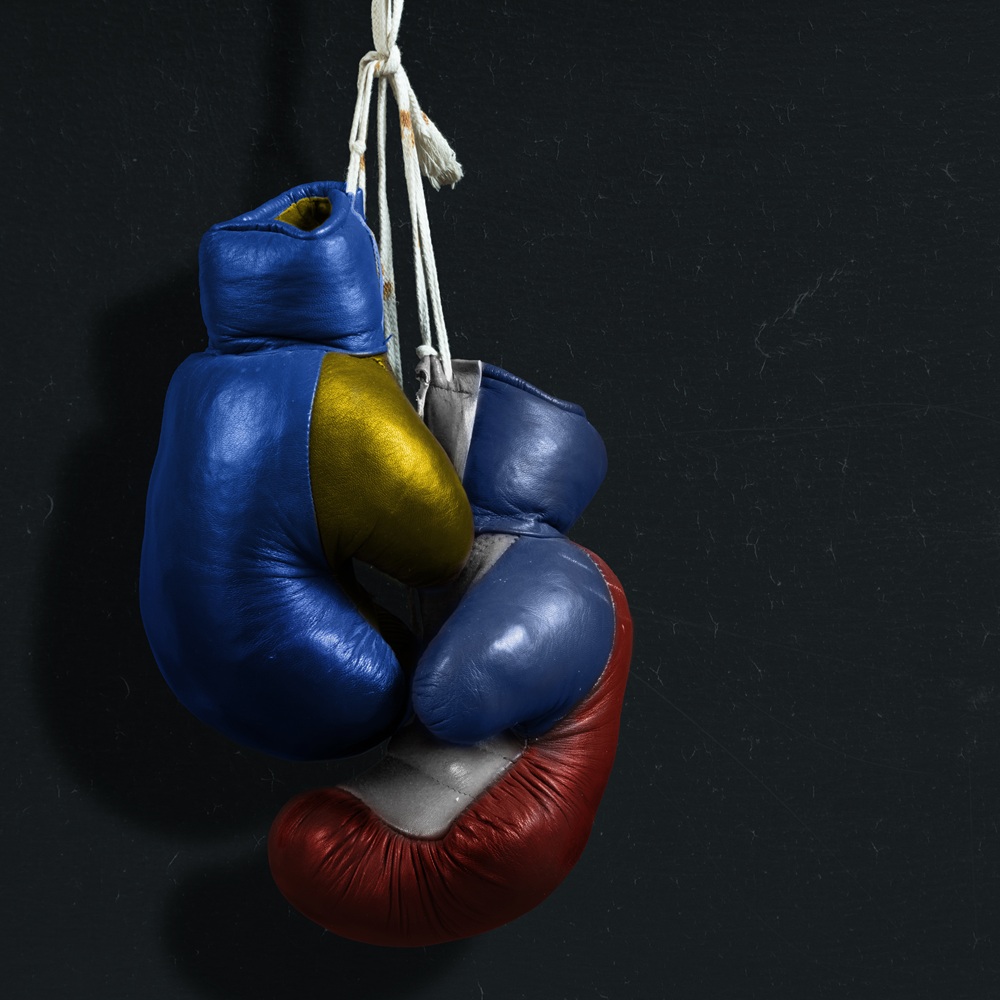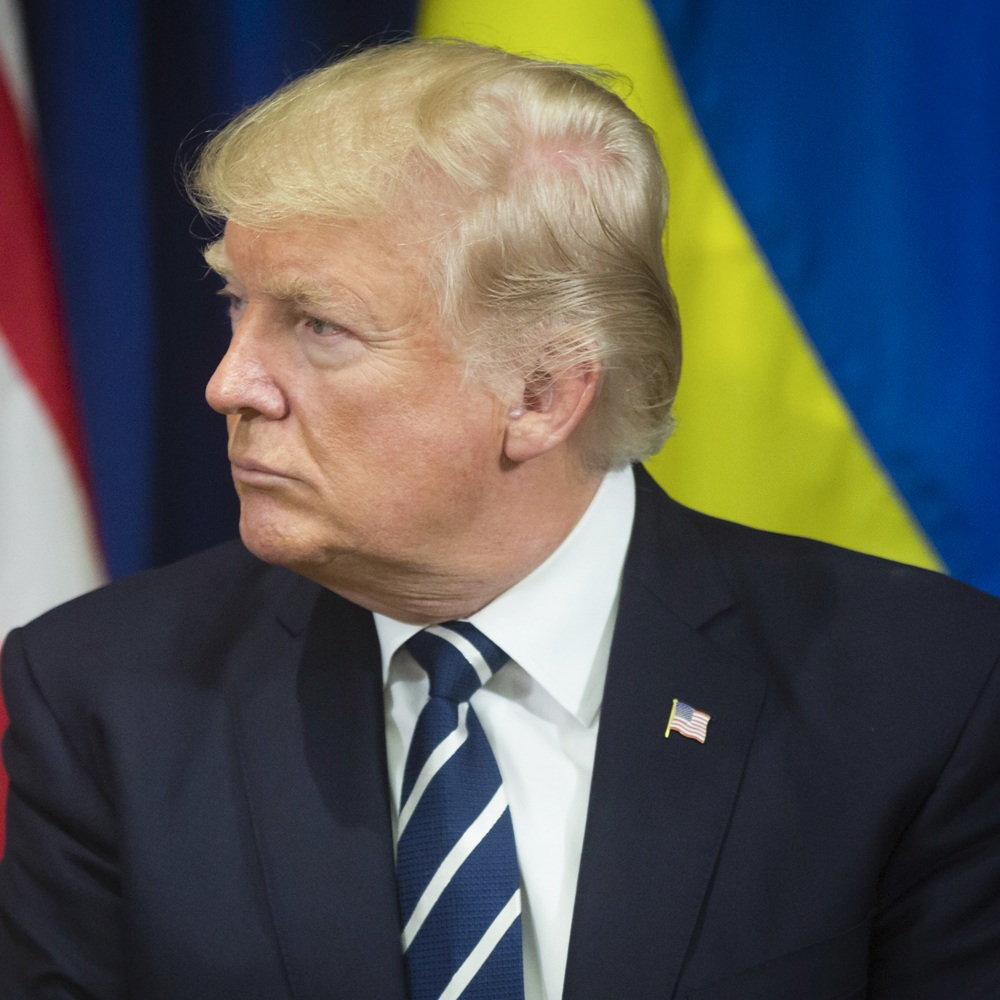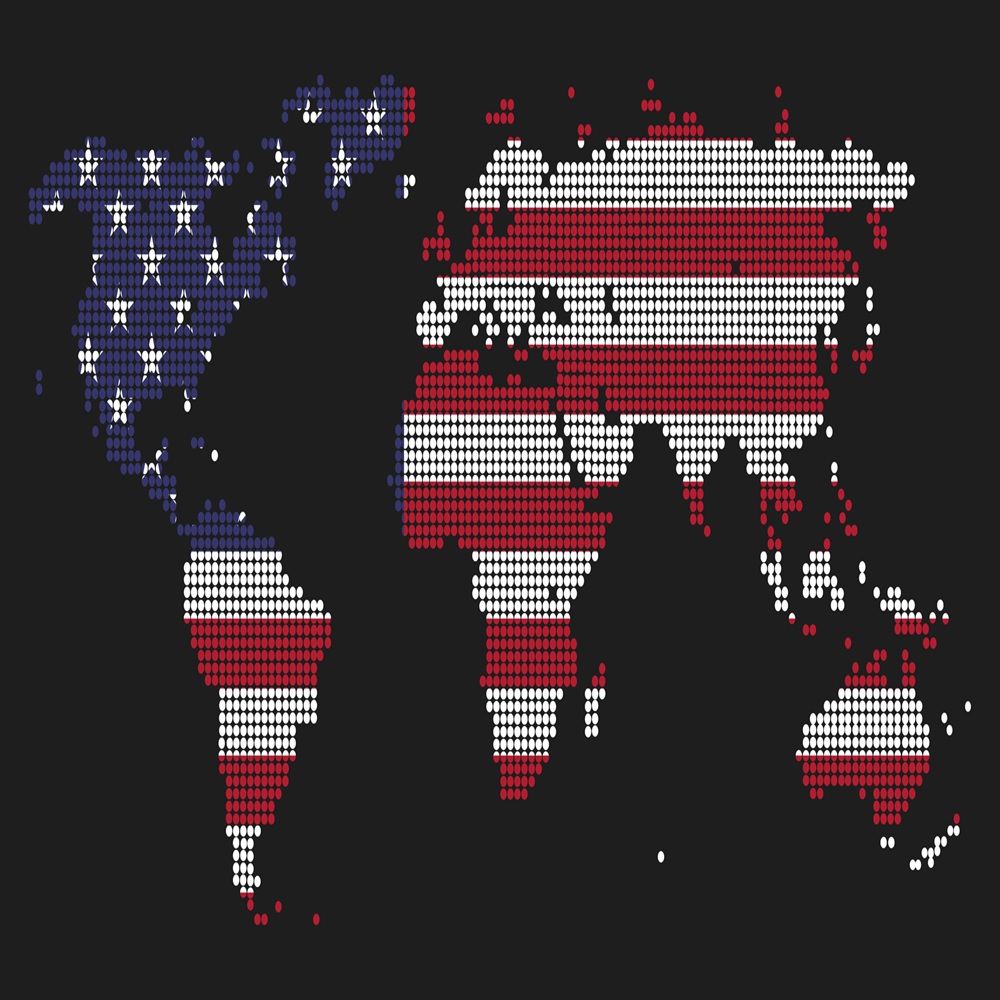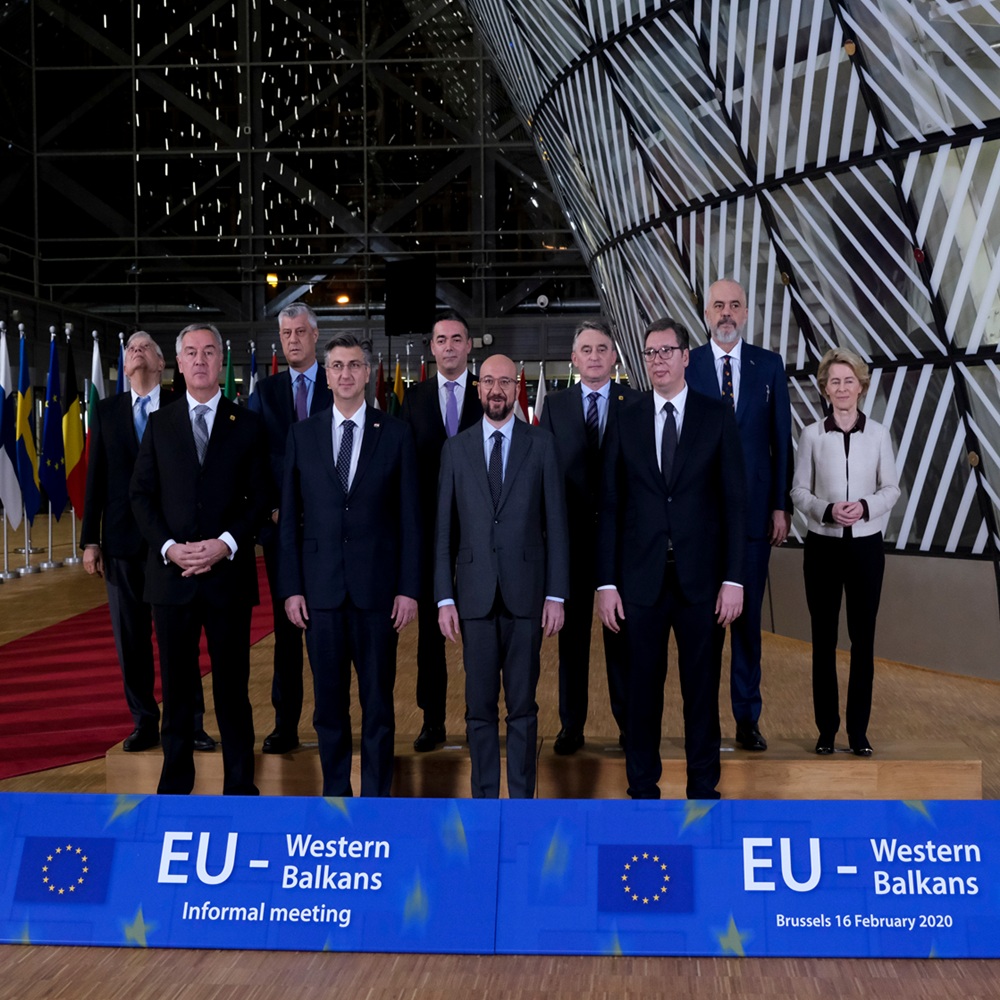
European security thorns in the Western Balkans
by Florent Marciacq
한국어로 읽기 Leer en español In Deutsch lesen Gap اقرأ بالعربية Lire en français Читать на русском The European Union was taken by surprise by the geopolitical turning point of 24 February 2022. Yet, at a time when the geography of enlargement is changing, the Union is struggling to revive a process in the Western Balkans on which its credibility and, increasingly, its security depend. The European Union’s failure to ensure that its vulnerabilities in Kosovo, Bosnia-Herzegovina and Serbia do not worsen calls for a rethink of the European policy of influence in the region. The EU’s policy of influence in the Western Balkans is based primarily on the accession process in which Albania, Bosnia-Herzegovina, Kosovo, Northern Macedonia, Montenegro and Serbia are currently participating. This process, initiated in 2000 at the Santa Maria da Feira European Council, makes these countries’ progress towards joining the EU conditional on the implementation of key reforms, with the aim of meeting the Copenhagen criteria. By pursuing this political, economic and legal convergence objective, the Union aspires to transform and shape the countries of the region in its own image. This goal reflects the ideals of the European project, from the Treaty of Rome to the Treaty of Lisbon, affirmation of Europe’s ambition to be a powerful force along its own borders. The EU’s strategy over the last 20 years has enabled the countries of the Western Balkans to be integrated into the European geography and system. And yet it has not brought them significantly closer to the door of membership. Reform proposals and a blind spot The situation is alarming. The fading membership prospects of the countries in the region, combined with political and institutional deadlocks within the EU, have created gaps into which rival powers, starting with Russia, are rushing. To offset this vulnerability, the EU has endeavoured to revive its accession policy with a series of summits and aid plans, to no avail. Under French leadership, it adopted a new approach in 2020, which emphasised the importance of the political logic inherent in the accession process, in addition to the reforms to be carried out. However, progress is slow, especially at a time when the EU faces new challenges in the East. The EU granted Ukraine, Moldova and Georgia the status of candidates for accession in 2022 —three countries whose territorial integrity is in dispute—. The EU has already opened accession negotiations with the first two countries. As the East seems to be overtaking the Balkans in the race for membership, the idea of reforming the accession process is now becoming a necessity in most capitals. The June 2022 European Council called for acceleration of the accession process. Various proposals have been put on the table: progressive accession, accession in stages, accession to the single market, setting an indicative date for accession, etc. Most of these proposals aim to further strengthen the integration of the countries in the region into the European system. They assume, as the Commission has done for the past twenty years, that integration is a guarantee of membership; that the former necessarily leads to the latter. This axiom is misleading, as the case of Northern Macedonia illustrates perfectly. The integration of the countries in the region is necessary, as are the reforms, but it is not sufficient to bring to a successful conclusion a process whose outcome, membership of the EU, is a matter of co-optation. One of the most ambitious proposals is the report released by the Franco-German Working Group on EU Institutional Reform, also known as the Group of Twelve, which is the fruit of Franco-German reflection. It has the merit of considering the enlargement of the EU in the light of the need for institutional reform, so that Europe’s ability to act and its sovereignty can finally be strengthened in a fragmenting world. The idea is to reform the accession process as part of a political project that the Union must carry forward both among its Member States and in the Western Balkans. Among these proposals, however, there is an unresolved issue: territorial disputes and disputed sovereignty, a key area in which the EU is struggling to take action. Yet what influence can the Union aspire to in the Western Balkans and beyond, if it sidesteps the most sensitive issues in Kosovo, Bosnia-Herzegovina and Serbia? These issues, which involve sovereignty, territorial integrity, irredentism and geopolitics, are of cardinal importance. It is crucial that the EU now gets involved in these areas, so that the accession policy is no longer limited to promoting the rule of law, good governance and economic integration. It is not only necessary to affirm the credibility of the Union today in the Western Balkans, but also tomorrow in the East. Is the EU at an impasse in Bosnia-Herzegovina? In Bosnia-Herzegovina, the EU is confronted first and foremost with strong irredentism in Republika Srpska, which is contributing to a poisonous climate in the country. In its report of 23 November 2023, the Council of Europe condemned inter-ethnic violence, ethno-nationalist and hate speech, the denial of genocide and war crimes, the glorification of war criminals and, more generally, the intolerance that is gaining ground. This irredentism, which has been fuelled for several years by the historic leader of the Serbian entity, Milorad Dodik, is expressed at a political level by an assertive secessionism, striving to dismantle the Bosnian state. To achieve this, the Serbian entity is trying to challenge the authority of central institutions, starting with the courts, whose decisions it is hindering. It is also challenging the legitimacy of the Constitutional Court, where international judges sit to ensure compliance with the Dayton Accords, and the authority of the High Representative, who is also responsible for the Dayton Accords. The weakening of these institutions, further exacerbated by the spectre of a secessionist referendum, would pave the way for the dismantling of other regal bodies, notably the army, posing an existential threat to the country’s sovereignty. Unsurprisingly, Russia is stepping into these cracks, as the instability in the country is hardly attracting the attention of the West. The ties forged between Republika Srpska and Russia have been strengthened against a backdrop of international tensions. While the EU was anticipating a difficult winter, Milorad Dodik travelled to Moscow in September 2022, much to the EU’s displeasure. In January 2023, Milorad Dodik honoured Vladimir Putin with the highest distinction awarded by the Serbian entity, then went to the Kremlin at the beginning of the summer to receive a distinction himself —the Order of Alexander Nievsky—. This collusion between the two men prevents the central state of Bosnia-Herzegovina from aligning itself with the European sanctions against Russia; it facilitates the penetration of Russian propaganda into the country, and gives Serbian secessionism in Bosnia-Herzegovina an international dimension, since Russia is in a position to block or slow down certain decisions relating to the international presence in the country. According to a poll published in June 2022, 89% of Bosnian Serbs have a positive opinion of Russia’s role in the country, and Vladimir Putin’s popularity is undeniable. As well as undermining the territorial integrity of Bosnia-Herzegovina, Milorad Dodik is suspected of embezzlement, corruption and nepotism. But unlike the United States, which adopted sanctions against him in 2022, the EU remains on the sidelines. And there’s a clear explanation for this. Milorad Dodik has an ally among the Member States: Hungary. Political affinities link the leader of the Serbs in Bosnia-Herzegovina to its leader, Viktor Orbán, with political and financial support given specifically to Republika Srpska. Both politicians harbour the same ideological distrust of Brussels and progressive values. On the European stage, Milorad Dodik can count on Viktor Orbán’s protection, particularly when it comes to sanctions, since Orbán opposes any decision in this regard. However, Hungary is not the only country hampering Europe’s policy of influence. Croatia is also playing a shady game. It has lobbied, through the EU, for the adoption in 2022 of an electoral reform that consolidates the power of the Croatian nationalist party in Bosnia-Herzegovina, even if it means deepening the ethnic divisions in the country. This reform, which was also supported by Hungary, ran counter to the European vision of a system based on civic rather than ethno-national identities. The EU’s response to these challenges remains limited to the (necessary) promotion of the rule of law and fundamental rights, the fight against corruption and public administration reforms. In 2019, the EU identified fourteen priorities prior to opening accession negotiations, and then granted Bosnia-Herzegovina candidate status in 2022, despite the limited progress made in this area. For this reason, France, the Netherlands and, to a certain extent, Germany were less than enthusiastic about the decision. But in the current geopolitical context, it was the position of Hungary, Austria, the Czech Republic, Slovenia and Italy that prevailed, and in the end this enabled Bosnia-Herzegovina to move forward without penalising the political elites compromising the country’s future, or calling into question their relays among the Member States. Is the EU stuck in a rut in Kosovo? In Kosovo, the EU is facing a particularly serious challenge, and it has been working for over 10 years to tackle it through the dialogue it facilitates between Belgrade and Prishtina. Yet its efforts have not led to the much hoped-for normalisation of relations between Serbia and Kosovo. In fact, the security situation on the ground has continued to deteriorate. Serbia, which opposes the country’s independence, supports pockets of instability and parallel institutions in the north of Kosovo, and fuels irredentism among a section of the Serb population that is resolutely hostile to the authority of the central Kosovan state. In March 2023, tensions arose when Kosovo Albanian mayors were forcibly prevented from taking up their duties in the north of the country, following municipal elections that had been the subject of a Serb boycott orchestrated by Belgrade. Scuffles broke out, with the participation of agitators from Serbia; the Serbian army was placed on alert, and for the first time Serbian protesters attacked Kosovo Force (KFOR) soldiers, an international NATO peacekeeping force in Kosovo under the UN mandate. Instead of incriminating Serbia and Serbian irredentism in Kosovo, the EU, at the instigation of France and Germany, adopted sanctions against the authorities and civil society in the weakest party to the dispute, Kosovo. An even more worrying incident occurred shortly afterwards, in September 2023, when a group of Serb nationalists, armed with an impressive arsenal of weapons, attacked police forces, killing a Kosovar policeman. The attack, carried out by a Kosovo Serb political leader with close links to the political party of the president of neighbouring Serbia, gave rise to considerable concern, especially as Belgrade was at the same time reinforcing its armed forces on Kosovo’s borders. Nationalist, militaristic and pro-Russian rhetoric in Serbia fuelled the perception of an imminent threat to Kosovo, along the lines of that posed by Russia in Ukraine. KFOR stepped up its presence accordingly. In Serbia, a day of national mourning was declared in response to the death of three Serb assailants killed in the shoot-out. In European capitals, the incident was condemned, but the responsibility of the authorities in Prishtina, more so than Serbian irredentism in the north of Kosovo and the diplomacy of the srpski svet in Belgrade, was singled out. These serious incidents attest to the hardening of irredentism fuelled by Belgrade. Above all, they illustrate the current impasse in the dialogue facilitated by the EU. Devoid of any strategic objective, the dialogue has been limited to preparing the ground for an illusory agreement to “normalise” relations between Belgrade and Prishtina. To this end, it focused mainly on technical issues of document recognition, border management, freedom of movement and so on. This was the case, for example, with the “historic” agreement reached in Brussels in 2013, and the dozen or so others that followed. However, these agreements have all been poorly implemented. Furthermore, the attention paid to each stumbling block, along with the resulting tensions, has led the EU to lose sight of the political objective of resolving the dispute – that of Serbia’s recognition of Kosovo as a sovereign state and of its territorial integrity. This is not one of the objectives of the dialogue. The dialogue is focusing increasingly on issues of internal governance in Kosovo. In particular, the creation of an association of Serbian municipalities in the north of Kosovo is giving rise to controversy, as it is reminiscent of the problems encountered by Republika Srpska in Bosnia-Herzegovina. But with an added pitfall. The dialogue currently supported by France and Germany is now making the granting of a form of autonomy to these irredentist municipalities a prerequisite for the “normalisation” of relations with Serbia, with no guarantee that Kosovo will eventually gain international recognition. To increase pressure on Prishtina, France, Germany and Italy have now gone as far as withholding support for Kosovo’s membership in the Council of Europe in an unprecedented move that brought about satisfaction in Belgrade and Moscow. Unable to adopt a common position on the matter due to five Member States (Cyprus, Spain, Greece, Romania and Slovakia), the EU is struggling to project a policy of influence on this issue through dialogue. Instead, it finds itself forced to manage repeated crises as a matter of urgency, to prevent the situation on the ground from flaring up. To no avail, as the incidents worsen and multiply, the EU leaves a gaping hole into which the regimes in Serbia and, unsurprisingly, Russia rush. Both have a vested interest in maintaining the status quo on this issue, which is a vector of instability, and in ensuring that the EU stays in the same rut. The EU’s limited influence in Serbia The European policy of influence is showing its limits in Serbia too. It has failed to effectively support the democratic forces in Serbia that had been protesting for months against the rise of authoritarianism there. It continues placing its faith in a regime that has continuously demonstrated its neglect for democratic processes and political pluralism. The rigged elections of late 2023, which the EU has not sanctioned, illustrates the EU’s geopolitical helplessness and incapacity to itself face a local authoritarian regime at its doorsteps. The EU, likewise, has failed to significantly influence Serbia’s foreign policy towards Russia. In 2009 Serbia entered into a strategic partnership with Russia, which was extended in 2013 to include cooperation on security and defence. This partnership paved the way for the acquisition of various Russian weapons systems (fighter aircraft, guided missiles, etc.), and for joint military exercises to be held between 2014 and 2021 with Russia and other members of the Collective Security Treaty Organization, which Serbia joined as an observer. Economically, cooperation has intensified with the conclusion in 2019 of a free trade agreement with the Eurasian Economic Union, although trade between Serbia and Russia, representing less than 10% of exchanges, remains well below that with the EU. The war in Ukraine and the EU’s policy of isolating Russia has not lead Serbia to reconsider its approach. At the United Nations, Serbia has indeed supported a number of resolutions condemning Russia’s aggression against Ukraine, without saying so loud and clear. But this has not meant that the country has aligned itself with the European sanctions against Moscow. It has only adopted measures against Belarus and pro-Russian figures in Ukraine, and dual-use technologies banned from export by the EU are said to be finding their way to Russia via Serbia. Belgrade has also failed to align itself with most of the statements made by the EU High Representative and the decisions taken by the Council in all areas of foreign and security policy. Yet this is a contractual obligation under the Stabilisation and Association Agreement (Art. 10.) it concluded with the EU in 2013. Its behaviour as a candidate country for EU membership is troubling. In June 2022, Serbia was represented at ministerial level at the official St Petersburg International Economic Forum, alongside Milorad Dodik. In August 2022, as the situation in Kosovo deteriorated, Belgrade sent Aleksandar Vulin, then head of Serbian intelligence, now deputy prime minister and figurehead of irredentism and srpski svet diplomacy in the Balkans, to the Kremlin. He was decorated by the Russian defence minister. In September 2022, Serbia signed an agreement with Russia reinforcing cooperation in foreign policy. After a few months of restraint, Aleksandar Vučić became more vocal in March 2023 when he expressed his disapproval of the International Criminal Court’s decision to issue an arrest warrant for Vladimir Putin. In September 2023, he received the Russian ambassador in Belgrade to discuss the situation in northern Kosovo, and finally, in October 2023, he met Vladimir Putin in Beijing, with whom he had a “cordial exchange”. The presence of Russian media in Serbia, and the control of the press by the Serbian authorities, means that public opinion is shaped accordingly. Criticism of the depraved and hegemonic West is commonplace, as is that of the hypocrisy of the EU, the aggressiveness of the United States and NATO, and the injustice allegedly suffered by the patriots of srpski svet. Unable to assert itself on either the issue of recognition of Kosovo or Serbia’s geopolitical orientation, the EU has also had to deal with the close ties between Aleksandar Vučić and Viktor Orbán, and their affinities with the Enlargement Commissioner, Olivér Várhelyi. These connections facilitate Serbia’s access to European funds. Despite the democratic setback and pro-Russian ambiguities in the country, in February 2023 the Commission awarded Serbia the most generous subsidy (€600 million) ever granted in the region. This is part of a package worth more than €2 billion allocated to Serbia to finance a high-speed railway line extending the section that China is currently building between Belgrade and Budapest —a project plagued by corruption scandals, but which meets the objectives of trans-European connectivity—. Likewise, when it comes to accession policy, Aleksandar Vučić finds in Viktor Orbán an influential ally in the Council, to ensure that authoritarian and pro-Russian abuses in Serbia are not punished. The serious irregularities that marred the Serbian general elections in December 2023 and the poisonous climate that reigned during the campaign bear witness to the abuses taking place in Serbia. Can a policy of alliance make up for the EU’s powerlessness? Unable to exert strategic influence on the most sensitive issues in Bosnia-Herzegovina, Kosovo and Serbia, the EU faces a major challenge. Where could it be better to practice the “language of power” than in this small, landlocked region that has been earmarked for accession? The EU, which is an imperfect power, is struggling to shake off the illusion that the transformative power it is trying to exert through its accession policy will act as a miracle cure in a region plagued by irredentism, Russian disinformation and authoritarian tendencies. This illusion may prove harmful, for the Balkans lie in the shadows of an even more complex problem in the East. Institutional reform of the EU, which in the future may make qualified majority voting the norm, will not enable the Union to project strategic and political influence overnight, at least not in these most sensitive areas. The same is true of enhanced conditionality that emphasises the rule of law. So how will this help to establish the disputed sovereignty of Kosovo and Bosnia-Herzegovina, and to anchor Serbia geopolitically in the European camp? Unfortunately, in the absence of a strong and visionary Commission, the Union cannot be expected to do much, as the Member States, and therefore the Council, do not share the same vision of the political union to which the European project should aspire. Some of them, mainly in the East, remain faithful to sovereignty and intend to resist the Union’s logic of interference everywhere. Others, such as Germany, swear by neofunctionalism and struggle to think of the (political and territorial) purpose of the European project beyond economic integration. As for France, it calls for a political deepening of the Union through a revival of intergovernmentalism but it rejects any federalist logic. These differences in vision inhibit the Union’s ability to develop a policy of influence that is not limited to a membership process that ultimately proves inadequate. To compensate for this weakness, what if the EU were to make greater use of alliances? Within the Union, this would mean strengthening coordination between Member States that share the idea that the challenges in Kosovo, Bosnia-Herzegovina and Serbia should be the subject of a strong political and diplomatic commitment that is separate from the EU accession process. The challenge for the Member States in question would be to help the Union learn the “language of power”, with the aim of consolidating the contested sovereignties of Kosovo and Bosnia-Herzegovina and changing Serbia’s foreign policy. In the Western Balkans, this logic of alliance would find support in civil society, in the opposition in Serbia and among the new generation of political leaders in Bosnia-Herzegovina. Stronger support for these progressive political forces, including on the streets, and more scathing criticism of those figures, elected or not, who are fuelling irredentism and instability in the region, would send out an important signal and, above all, develop new levers of influence.









